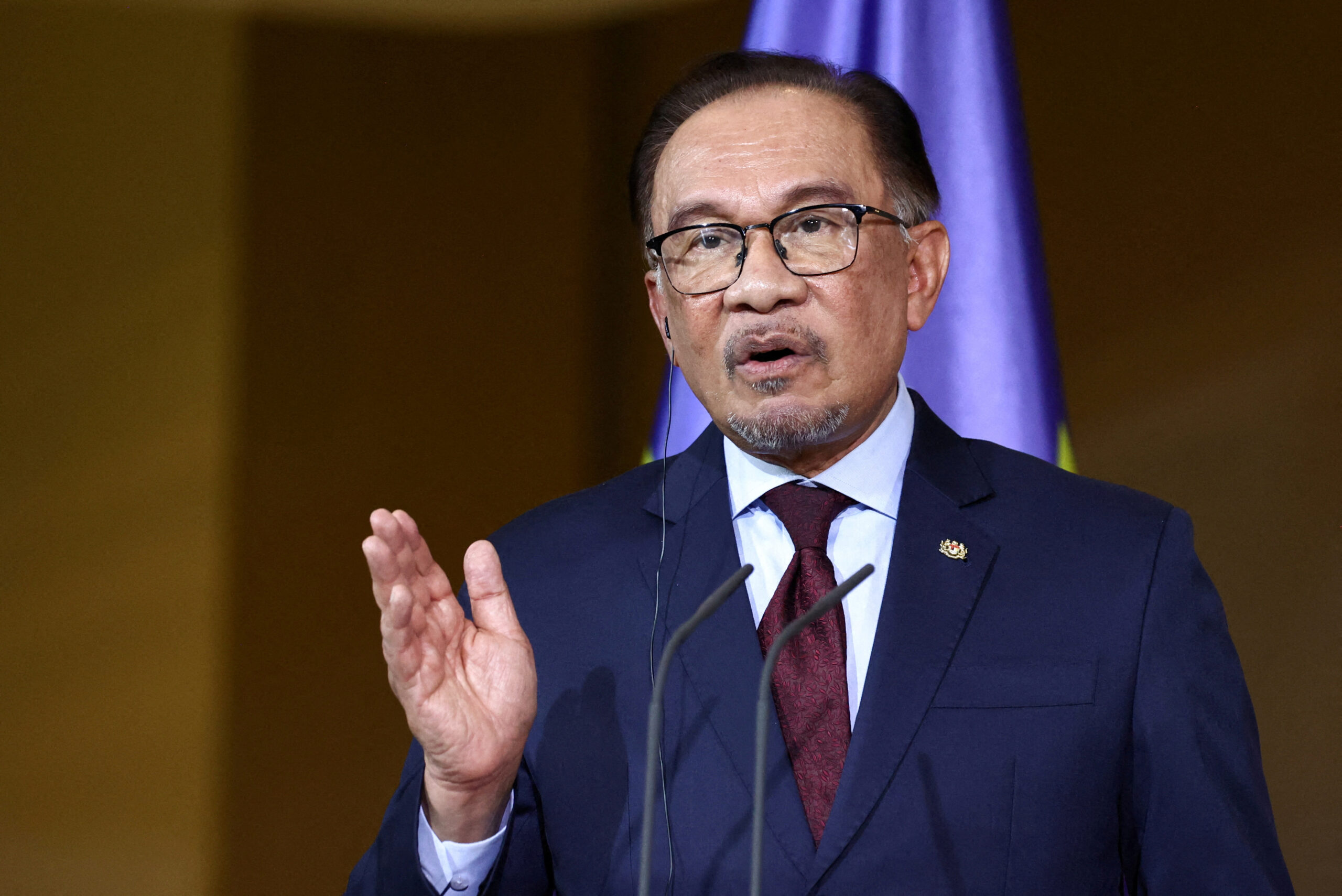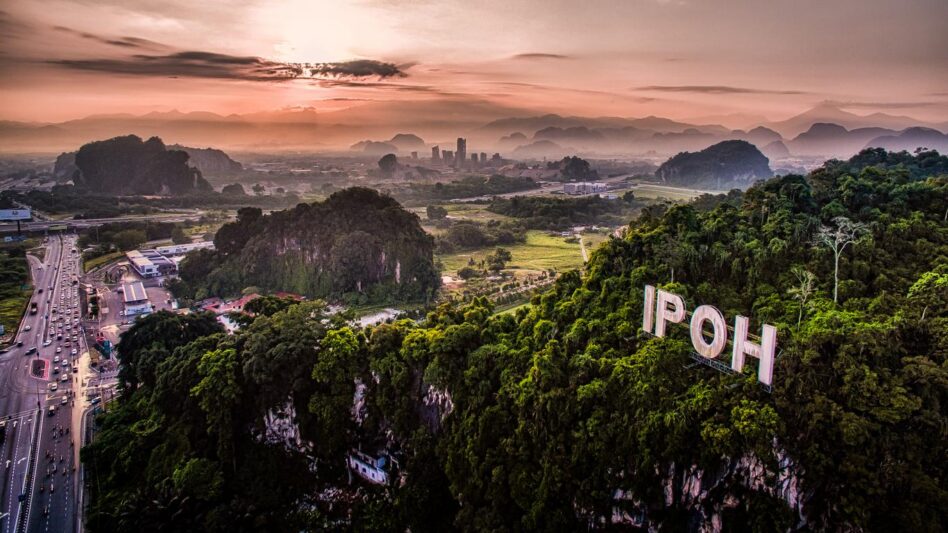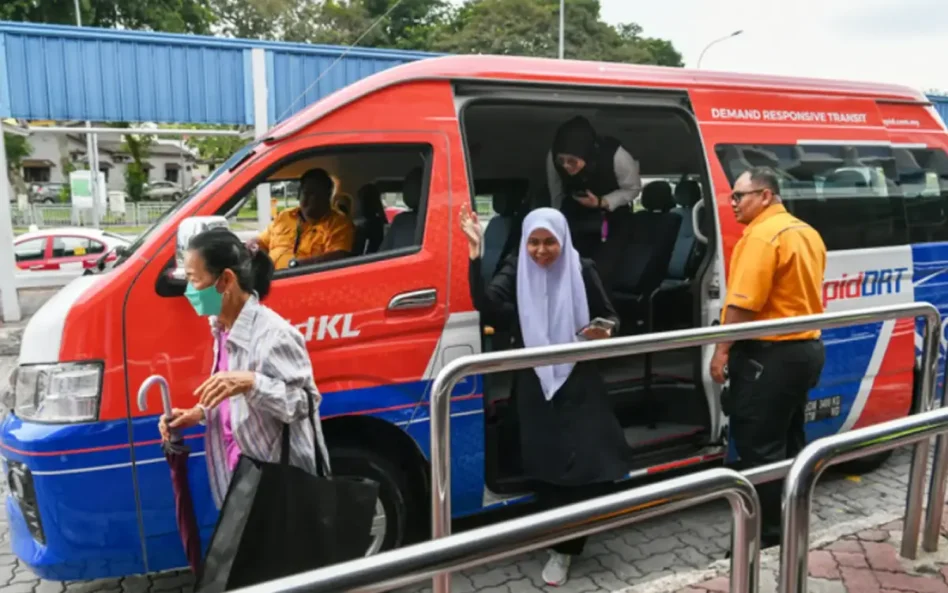AMANAH, through its legal bureau chairman Zulqarnain Luqman, has strongly defended Prime Minister Datuk Seri Anwar Ibrahim’s recent pro-human rights and democratic reforms, particularly the amendments to the Peaceful Assembly Act 2012 and SOSMA.
While some critics accuse Anwar of sidelining his reformist ideals in favor of economic policies, Amanah sees these legal changes as proof that democratic values remain a priority.
Zulqarnain frames the reforms as a battle for Malaysia’s civil liberties, suggesting that Anwar is leading a new wave of democratic progress.
“Becoming Prime Minister in a situation where PH is not the only party to govern is not an ideal situation for Anwar. This is because Anwar needs to balance the idealism of each party’s struggle,” he said.
Zulqarnain added that Anwar not only needs to celebrate the idealism of BN but also needs to celebrate the idealism of Borneo.
In addition, Anwar also needs to celebrate another important institution in the country’s government, which is the palace institution.
“However, looking at the developments of this past day or two shows that Anwar still carries the ideals of his core struggle, namely democratic reform and human rights,” he said.
“Anwar’s swift action to announce amendments to the Peaceful Assembly Act 2012 and SOSMA should be the starting point for democratic reform and human rights,” he wrote in an oped for a pro-Pakatan Harapan website.
The amendments—such as removing the requirement for protest organizers to seek property owner approval and reviewing SOSMA’s extended detention periods—are seen as small but significant steps toward greater civil freedoms.
Zulqarnain also criticises PAS for its hypocrisy, pointing out that despite previously opposing SOSMA, the party failed to reform it during its 33 months in power. Now, PAS is reverting to its old stance against the law, revealing its inconsistency.
For Amanah, these legal reforms are a sign that Anwar is still committed to democratic progress, balancing governance with human rights. —Feb 16, 2025
Main image: Reuters









